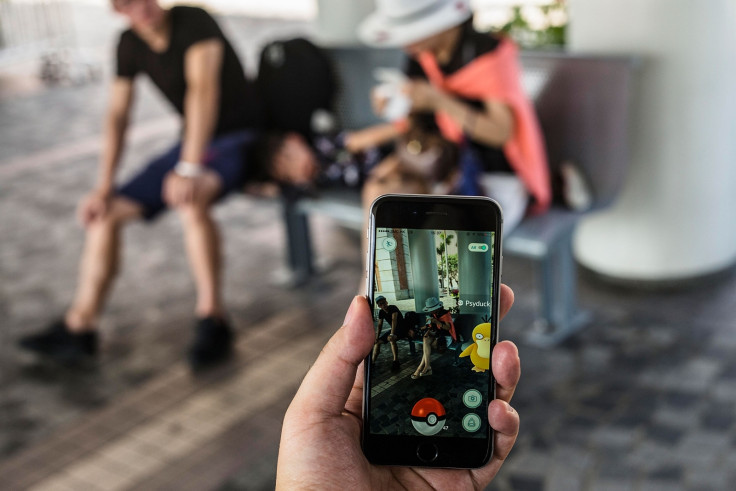China says no to Pokemon Go over public safety and security risks
Since its release, the hit smartphone game has triggered a series of bizarre and often dangerous incidents.

Niantic's massively popular smartphone game Pokémon Go will not be making its way to China anytime soon due to concerns over public safety and security. Reuters reports that China's official censorship body declared it will not license any augmented reality games until it can evaluate its potential security risks.
The State Administration of Press, Publication, Radio, Film and Television will work with other government departments to "evaluate the game's risks," the publication reported.
A games panel of the China Audio-video and Digital Publishing Association, which is governed by the state censor body, said some of the risks identified include the "threat to geographical information security and the threat to transport and the personal safety of consumes."
It was also noted that the game relies on Google services such as Google Maps to function properly, which is currently blocked in China.
Launched last summer, Pokémon Go quickly became a worldwide phenomenon, encouraging adventurous players across the globe to make their way out of their homes and explore their surroundings whilst capturing beloved pocket monsters through their smartphones. However, the game also triggered a litany of weird, funny and sometimes dangerous player anecdotes ranging from driving accidents and personal injuries to muggings, brawls and even stumbling upon dead bodies.
Despite its popularity, many countries voiced their concerns over the security and safety risks that come with playing the addictive GPS-powered game.
A month after its release, Iran banned Pokémon Go due to unspecified "security concerns." Kuwaiti authorities warned users against taking any photos of any local government landmarks such as the Emir's palace, military bases and other security-sensitive areas while playing the game. It also told players not to try and capture Pokémon in mosques, malls and shopping centres. The UAE warned locals of the cybersecurity risks that come with playing the game.
The Israeli military also prohibited its troops from playing the mobile game over cybersecurity concerns and possibly compromising base locations and sensitive information.
Meanwhile, multiple historical sites and other sensitive locations around the world prohibited players from capturing the digital creatures at their sites including the US Holocaust Memorial Museum, the Arlington National Cemetary, the Hiroshima memorial and the former concentration camp at Auschwitz-Birkenau among others.
Still, Niantic has continued to roll out the game to additional regions and consistently announces new content, updates and partnerships to keep users interested and playing. In December, Pokémon Go was officially released in India and other South Asian countries including Sri Lanka, Pakistan, Bangladesh, Bhutan and Nepal.
While extending Pokémon Go to the most populous country in the world would certainly be a profitable venture for Niantic, a company representative told Kotaku that the company "is focused elsewhere at the moment."
© Copyright IBTimes 2024. All rights reserved.





